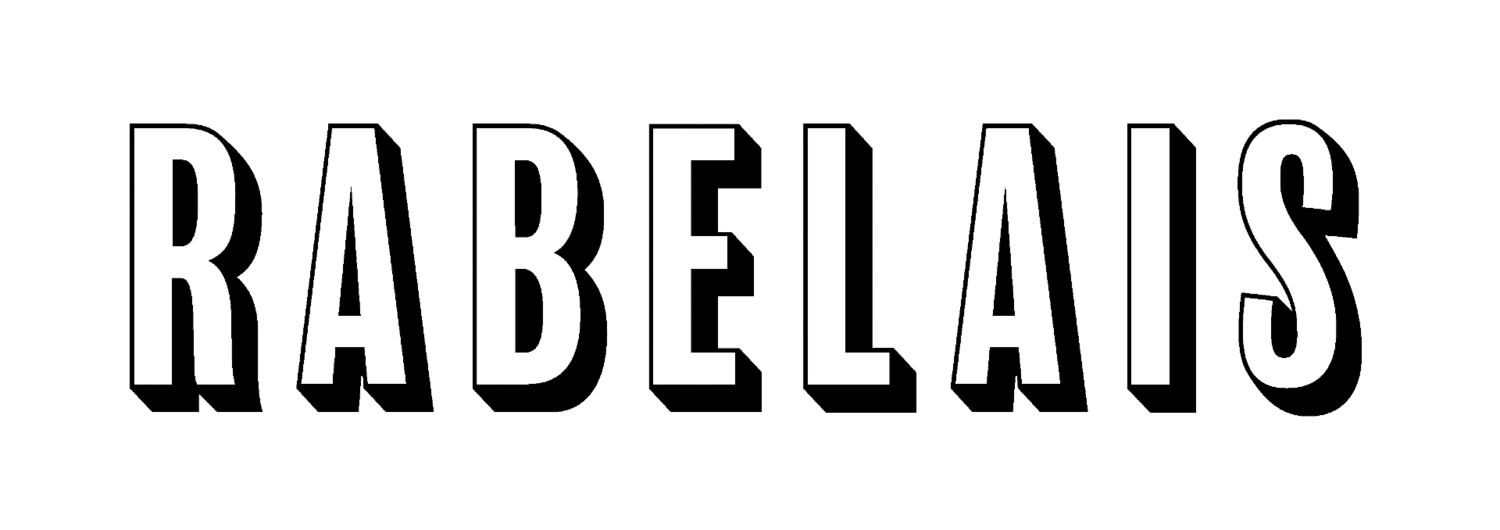Identity
What is identity?
Most of us feel that we are pretty familiar with the concept of identity. For a lot of us, cultivating our own identities has been an essential yet complicated journey that we have embarked on since the highly turbulent hell known as adolescence.
Words we may commonly associate with identity may be “differentiate,” “individual,” “singular,” and “I.” As a side note, it’s funny to realise that the word “I,” a single letter, is very lonely looking, in a way befitting its meaning. It also kind of looks like a stick figure with no limbs.
We tend to think of identity as a somewhat self-centred conception. Intrinsic, purely our own. But what would it be without the people around us? Would we still care to distinguish ourselves if we had no other living being to compare? If you or I were utterly alone in the world, would the concept of identity still exist?
How can an ever-evolving mob of personal choices and characteristics be adequately defined? Where does identity begin and end, and who decides what it entails?
We as humans (and the things we tie to our identity) are perpetually changing and fluid. From our music tastes, food choices and style to our world views, careers, and cells.
Perhaps I chose to write this article because I would like to identify as a writer, at least partly. However, if you asked me who I was five years ago, one of my defining attributes that would’ve come to my mind was “high school dropout.” Being a writer was not something I considered.
The fact that I flunked high school in the past has not changed. However, what has changed is that I no longer identify with that feature of my past, and I don’t think anyone else would expect me to either, considering how I've changed since and other defining qualities more relevant to the present have taken place. I am now a university student.
I’ve wondered before about how much of my identity can really be mine or for me to decide. For example, I am writing this article because I would like to see myself as a writer. However, maybe it ultimately rests upon readers' judgement to decide that my letters on a page are worth anything for me to consider myself one. But exactly how many satisfied readers would it take? Only one or two, or eight hundred thousand? Before I can declare myself a writer? To what extent would they have to like what I have to say? If at all? Even the most acclaimed authors have their critics who shun their works. But do they cease to be authors?
Perhaps the fact that I am writing willingly and sincerely is enough for me to identify as a writer. Whether I can claim to be a good one is an entirely different subject. Authors are authors because they wrote and published works, even if, for some, there are people around who think they shouldn’t be granted that title.
I won’t deny that some aspects of our identity are inherently tied to other people; it's undeniable that our relationships with others partly define us. We are parents, friends, and partners. It's significant enough to be engraved on our tombstones. However, I believe who we are, barring our relationships, is almost entirely up to us to decide. We know our own selves better than anyone else.
My father may look at me today and still see the slacking high school dropout with no career prospects, despite my newfound ambitions and achievements. Many individuals have probably encountered similar scenarios with people around them not accepting the present person they are in one way or another, which can be devastating to the core.
It can be incredibly damaging and inhibitory to our growth to rely on others' outdated perceptions. And if your actions and beliefs about yourself are congruent with the label, why shouldn’t you identify yourself in the way you want?
Yes, it is quite possible that we have needed the company of others for the notion of identity to be born. The presence of witnesses. After all, it’s hard to imagine having all these labels for oneself if no one else was around. We would simply ‘be’ with perhaps the only thing distinguishing ourselves from the space around us being the contour of our bodies. The presence of witnesses is fundamental to raising feelings of self-consciousness and thinking about one’s identity.
But ultimately, it is up to our own selves to craft and define our identities. We are, as individuals, the most up-to-date on what our ever-changing identity consists of. Our own self is the most important witness of all.
